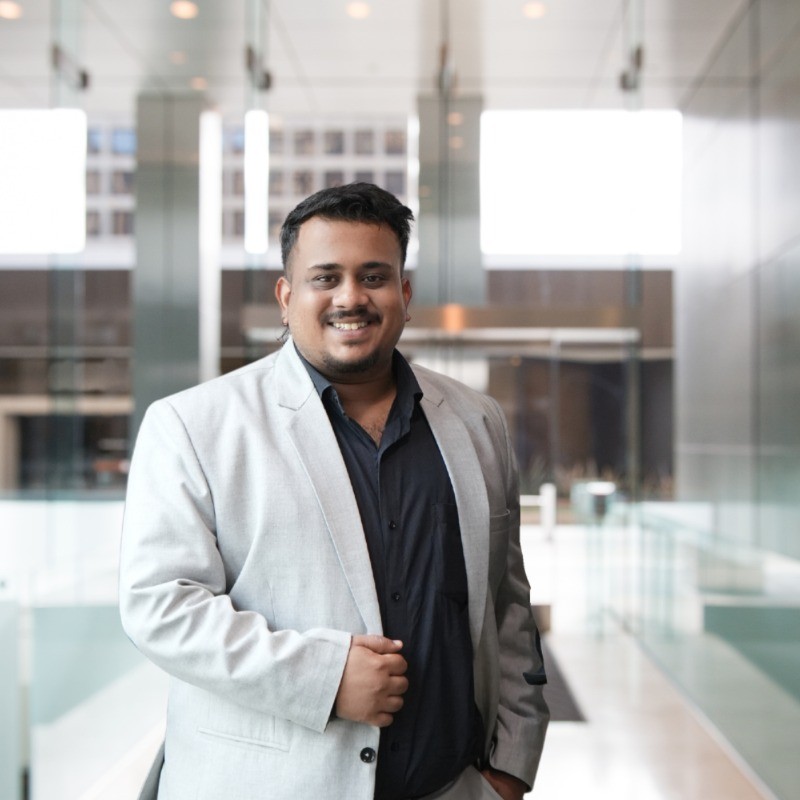As cyber attacks keep innovating at a breakneck pace, conventional security solutions are no longer enough. Businesses in 2025 are up against ever-sophisticated attacks fueled by automation, deepfakes, and even malware created using AI. This new development has turned artificial intelligence into a key aspect of contemporary cybersecurity measures.
Cybersecurity powered by AI is now facilitating proactive threat identification, quicker response, and more effective defense mechanisms across industries. For companies exploring advanced cybersecurity solutions in India, adopting AI-driven systems is no longer optional; it’s essential.
The Rise of AI in Cybersecurity
Artificial intelligence has revolutionized the identification and prevention of threats. In contrast to rule-based security systems that use known signatures, AI-based tools can scan enormous amounts of data in real-time, identify anomalies, and reveal concealed threats that would be missed by conventional means. These tools learn and improve continuously, becoming more efficient with time.
In 2025, this adaptability is critical. Cybercriminals are leveraging AI themselves to automate phishing attacks, bypass authentication protocols, and exploit system vulnerabilities faster than ever before. This has created an arms race between attackers and defenders, where AI is the most powerful weapon on both sides.
Key AI-Powered Cybersecurity Trends in 2025
-
Behavioral Analytics and Anomaly Detection
AI models are now capable of establishing behavioral baselines for every user and device within an organization. By constantly monitoring activity, these systems flag any deviation from the norm, such as unusual login times, large data transfers, or access from unfamiliar locations. This capability helps detect insider threats, compromised credentials, and advanced persistent threats at an early stage.
-
Automated Incident Response
In the past, cybersecurity teams would manually verify alarms and counter threats, at times wasting valuable time. Current AI systems automate the incident response process by checking the type of attack, segregating infected systems, and running containment processes independently of human inputs. This brings down the reaction time from hours to seconds.
-
AI for Threat Intelligence
AI is helping aggregate and analyze data from threat feeds, dark web sources, and internal logs to provide a 360-degree view of the threat landscape. By identifying emerging attack vectors, vulnerabilities, and threat actor behaviors, businesses can stay one step ahead.
-
Zero Trust Security Frameworks
With remote access and cloud-based environments becoming the norm, perimeter-based security is a relic of the past. AI is key to enforcing zero trust models, where ongoing authentication and real-time access control are enforced with behavior, device health, and contextual signals.
-
Deepfake Detection and Identity Protection
As deepfake technologies advance, AI-powered tools are being developed to detect synthetic media and protect executives and employees from impersonation scams. This is particularly important for video conferencing platforms, voice authentication, and internal communications.
-
AI-Augmented Security Operations Centers (SOCs)
Modern SOCs are integrating AI to enhance monitoring, log analysis, and threat prioritization. These systems reduce alert fatigue by filtering out false positives and allowing analysts to focus on high-risk incidents. In India, many enterprises and managed service providers are adopting AI-driven SOCs to strengthen their cyber resilience.
Why AI Matters for Indian Enterprises in 2025
India has seen a rise in cyberattacks in industries such as BFSI, healthcare, manufacturing, and IT services. With digital transformation in top gear, companies are gathering and processing huge amounts of data, raising their attack surface. From ransomware attacks on critical infrastructure to phishing attacks that exploit remote access configurations, the threat is greater than ever.
Implementing AI-based cybersecurity solutions in India helps organizations achieve compliance requirements, protect customer information, and maintain continuous operations. With regulators such as CERT-In imposing stricter reporting guidelines and data protection regulations becoming more stringent, forward-thinking and intelligent security solutions are becoming a business necessity.
Choosing the Right AI-Driven Cybersecurity Partner
For AI-based security tools to deliver real value, integration with existing IT infrastructure and continuous tuning is essential. Enterprises must look for technology partners who understand the Indian regulatory environment, have proven experience in network and cloud security, and offer scalable, customizable solutions.
Some of the most effective deployments combine AI with endpoint protection, identity access management, network monitoring, and data loss prevention. A unified, layered security model that evolves with new threats is key to long-term defense.
Conclusion
In 2025, cybersecurity isn’t simply about antivirus and firewalls; it’s about intelligence, responsiveness, and speed. AI-powered security solutions are helping companies make the transition from reactive defense to proactive threat blocking. As attacks speed up and get more complicated, only AI can keep pace and the precision necessary to counter them.
For enterprises seeking cutting-edge cybersecurity solutions in India, Acceron provides intelligent IT infrastructure and cybersecurity services that align with modern threats and compliance needs. With deep expertise in AI integration, risk management, and system security, Acceron is helping businesses build a safer, smarter digital future.



